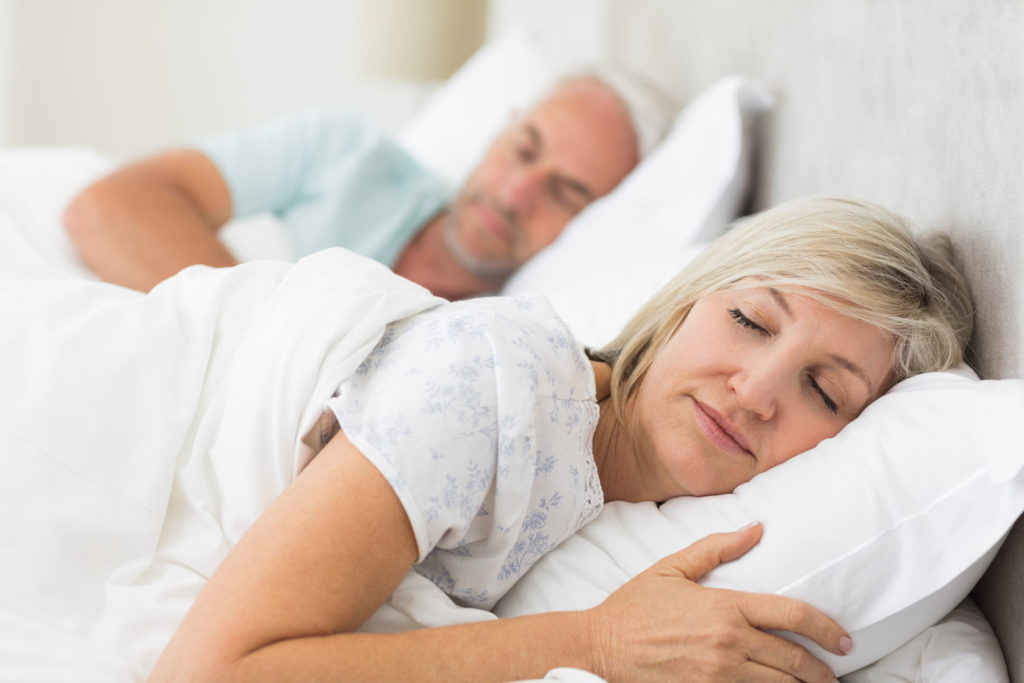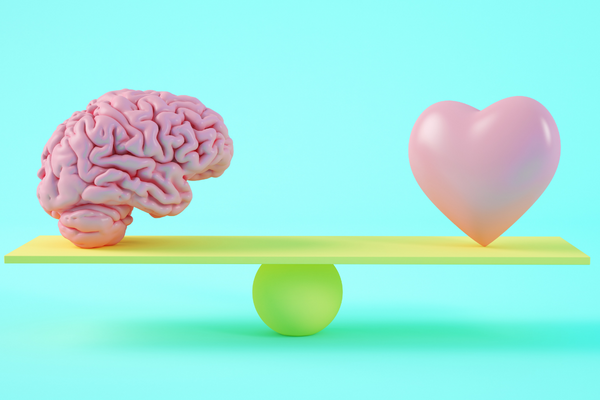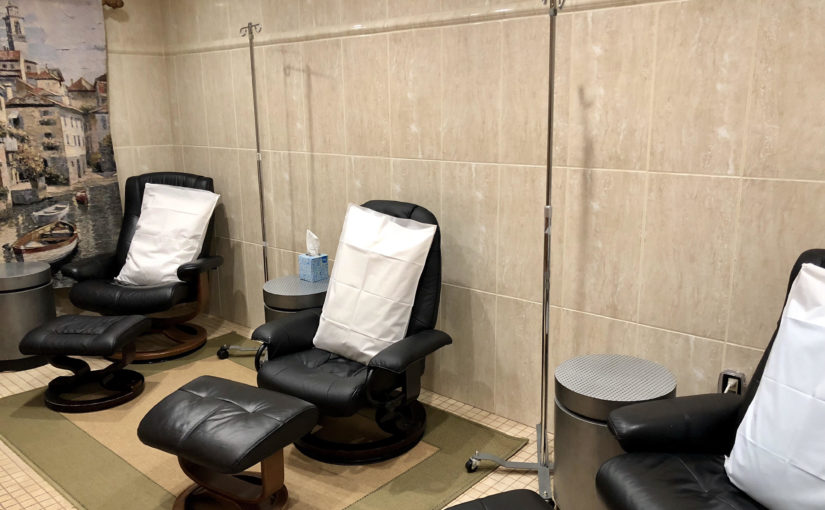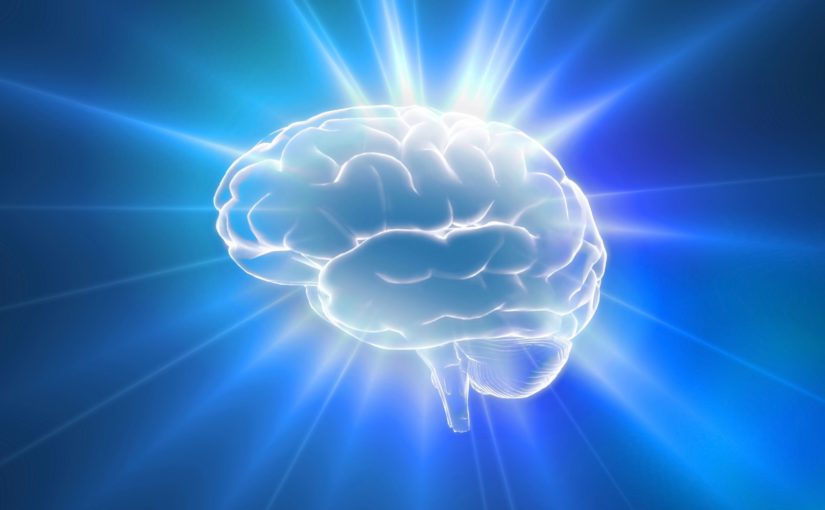
Why You REALLY Need Sleep—and How to Get It
Posted May 6th, 2025
We all know we need sleep. But that doesn’t stop nearly a third of us from struggling with it. According to the American Sleep Association, about 30% of adults in the U.S. deal with short-term insomnia, and 10% have chronic issues falling or staying asleep.
Sure, we’ve all felt the effects of a rough night—foggy brain, bad mood, dragging energy—but science now shows just how critical sleep really is.
What Happens in Your Brain While You Sleep
Here’s where it gets fascinating: researchers at Boston University discovered that while you sleep, your brain goes through an actual cleaning process. It’s not just “shutting down”—it’s doing vital maintenance work.
Here’s what they found:
- Your neurons go quiet.
- Blood briefly flows out of your brain.
- Then cerebrospinal fluid (CSF)—a watery liquid—rushes in, washing through your brain in pulsing waves.
This process, highlighted in a 2019 NIH-funded study, is like a nightly rinse cycle for your brain. During the day, your brain is incredibly active (it uses over 10% of your total energy!) and generates a lot of waste, like toxic proteins and damaging free radicals. Without sleep, those toxins pile up—and that’s a problem. They can impair memory, reduce focus, raise irritability, and even contribute to long-term brain diseases like Alzheimer’s.
Sleep gives your brain the chance to shrink slightly, which allows more CSF to flow in and flush out the gunk. Without it, your brain becomes clogged and sluggish. Over time, it can lead to actual damage.
So, How Can You Sleep Better?
If quality sleep feels out of reach, the good news is there are natural ways to improve it. Here are four science-backed strategies:
1. Optimize Your Sleep Environment
Also known as “sleep hygiene,” this includes:
- Sleeping in a dark, cool room
- Blocking out noise (or using white noise)
- Keeping screens out of the bedroom (yes, even the TV)
- Avoiding caffeine, heavy meals, and alcohol late at night
- Going to bed around the same time every night
- Cutting off fluids at least two hours before sleep
- Supporting your body with calming nutrients like magnesium or calcium
- Trying sleep-friendly herbal teas like chamomile or valerian
2. Balance Your Hormones Naturally
Hormones have a huge impact on your sleep. Stress, aging, and life changes can throw them out of balance. Natural progesterone (not synthetic), along with bio-identical melatonin, estrogen, and even cortisol support, can help reset your rhythm and restore restful sleep.
3. Support Key Neurotransmitters
GABA and serotonin are the calming chemicals your brain needs to fall and stay asleep. You can support these naturally, often without needing prescription sleep meds. A functional or integrative medicine practitioner can help identify imbalances and guide safe, effective solutions.
4. Calm Your Nervous System
Stress and mental overload are major sleep disrupters. When your mind won’t slow down, turn to breathwork. Simple breathing exercises before bed can help lower cortisol, relax your body, and ease you into sleep.
Bottom Line: Sleep isn’t optional—it’s vital. It’s your brain’s chance to reset, recharge, and clean house. Prioritize it, protect it, and support your body in getting the deep rest it needs.
About The Renewal Point
With over 30 years of experience and numerous board certifications and credentials, Dr. Watts, MD, ND, MSNM and his team are experts in Bio-Identical Hormone and Neurotransmitter Balancing. As brain and body hormone balancing is both an art and science, it requires expertise in individualized therapy and ongoing dosing changes, based not only on a patient’s diagnostic lab values but also their symptoms. Due to the sensitive nature of hormone balancing, it is imperative that you work in partnership with an experienced provider and program.
To learn more, we encourage you to visit our website at TheRenewalPoint.com and/or call 941-926-4905.
References:
Kim, S. et al. GABA and l-theanine mixture decreases sleep latency and improves NREM sleep. Pharm Biol. 2019 Dec;57(1):65-73.
Kagan, R. et al. Improvement in sleep outcomes with a 17β-estradiol-progesterone oral capsule (TX-001HR) for postmenopausal women. Menopause. 2018 Dec 21;26(6):622-628.
Sleep triggers a brain fluid refresh. NIH. Science Highlights. 2020 Jan 6.
Noor, A. et al. Progesterone vs. synthetic progestins and the risk of breast cancer: a systematic review and meta-analysis. Syst Rev. 2016; 5: 121.




